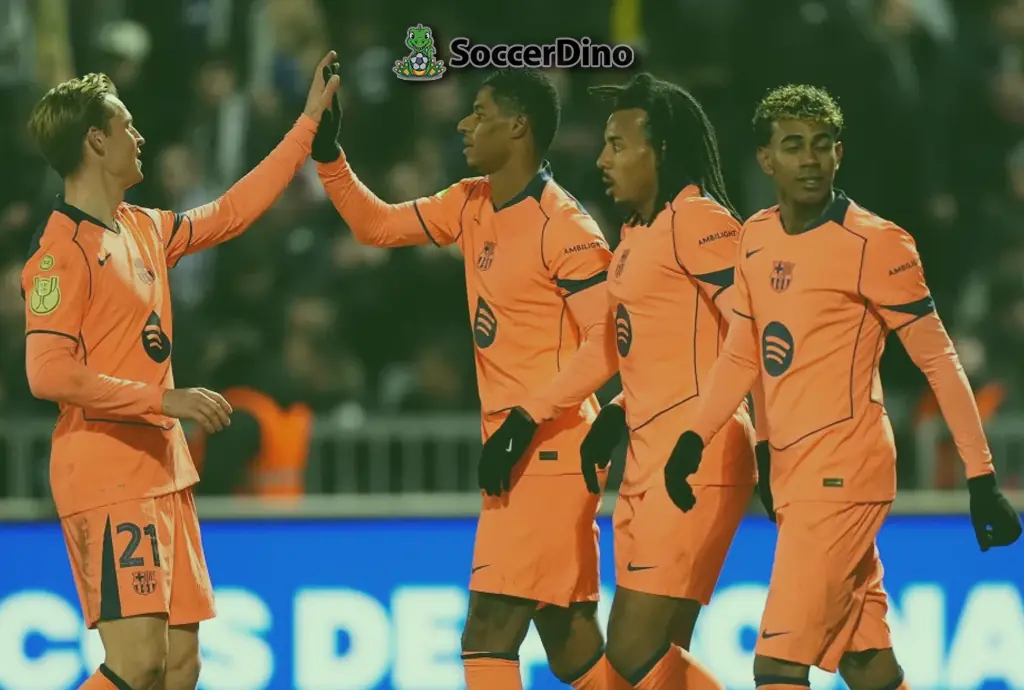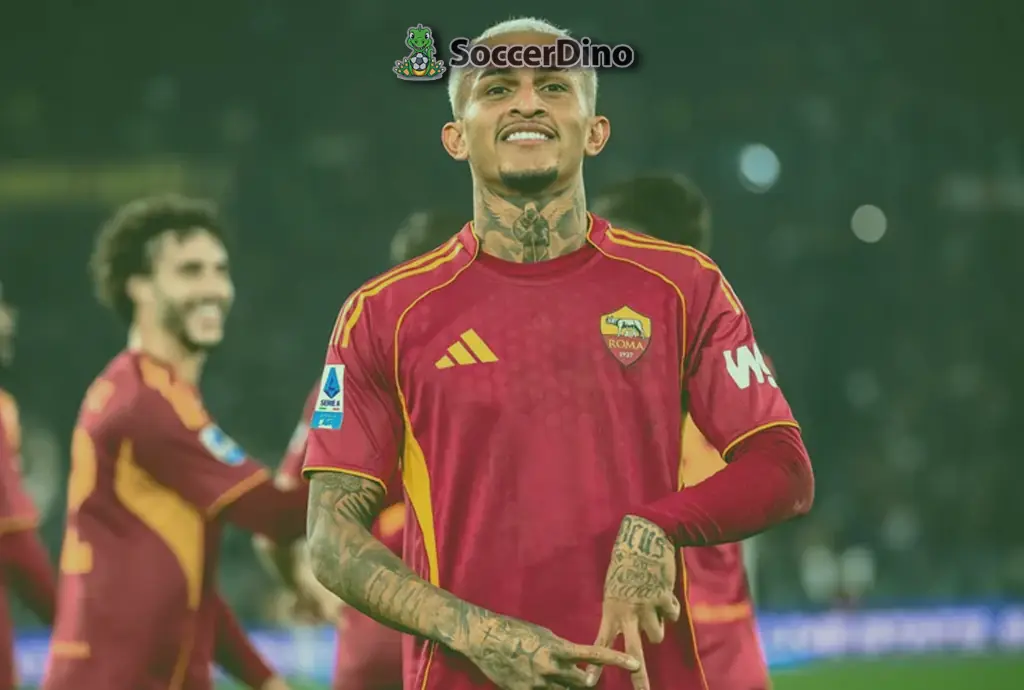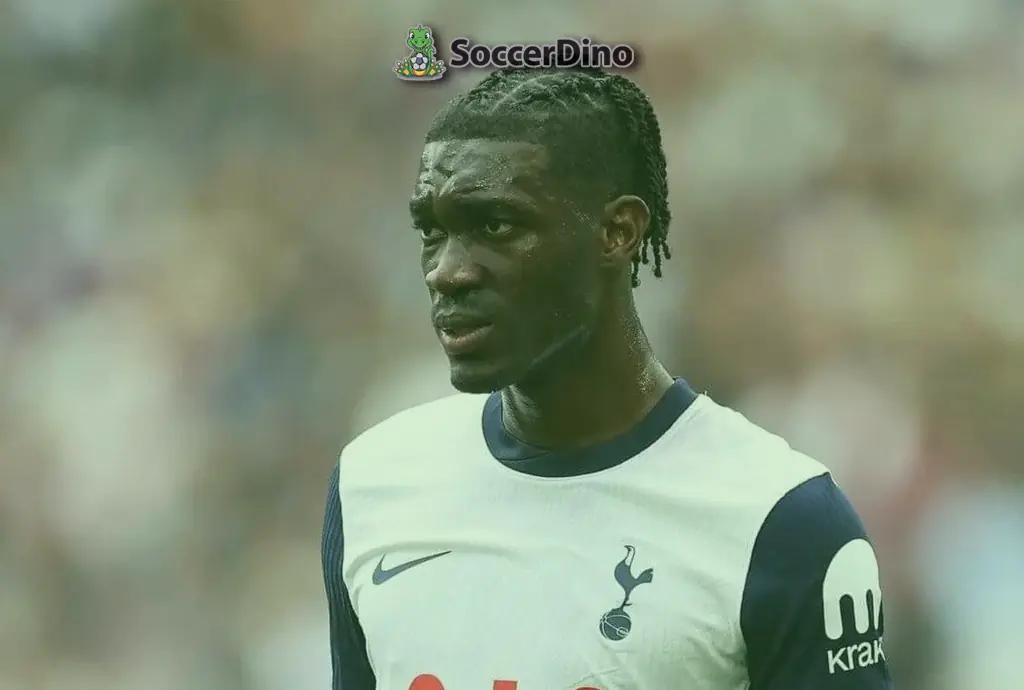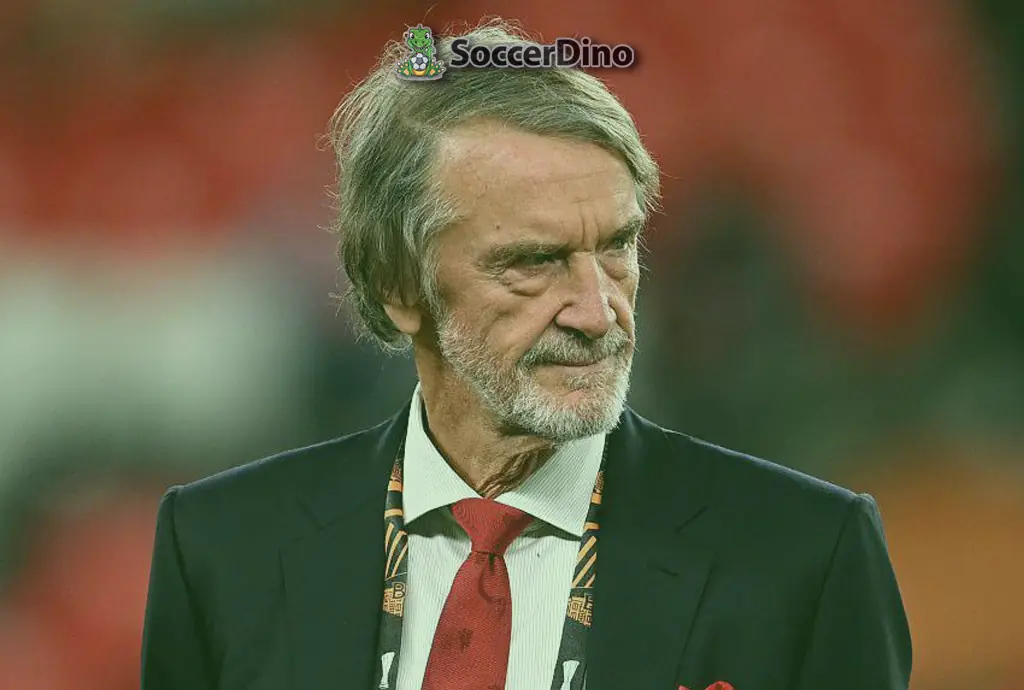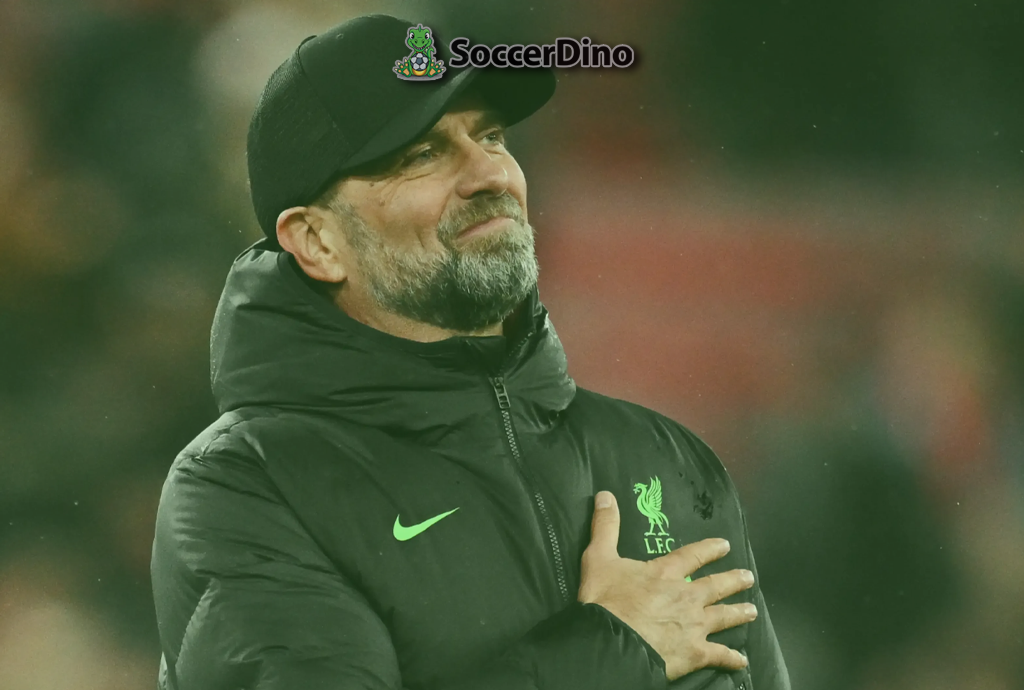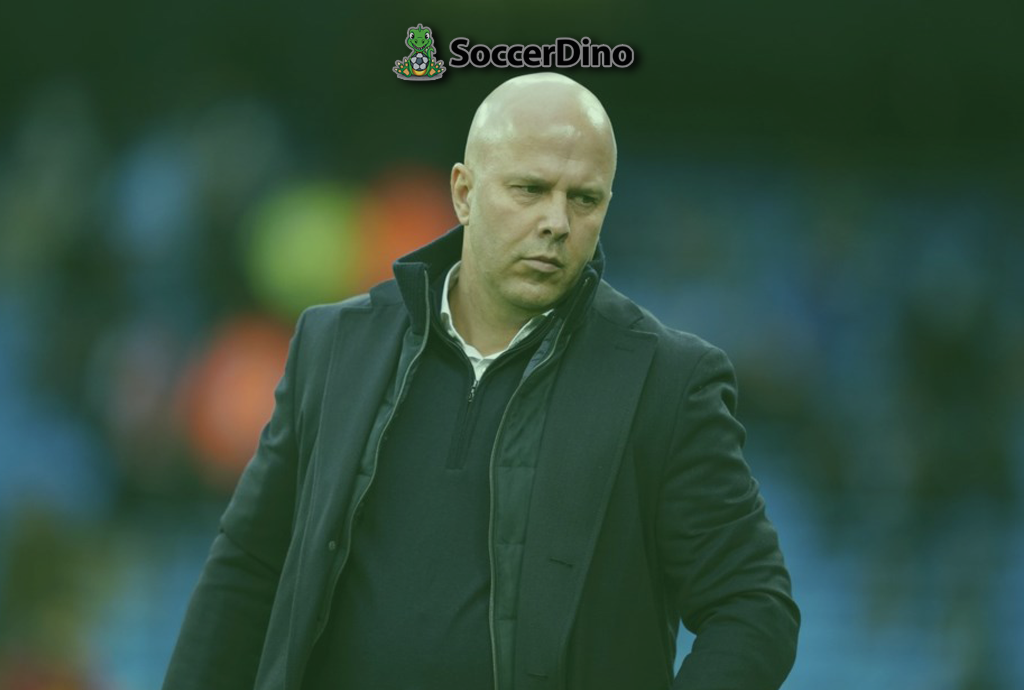Gianni Infantino is at his wits' end. The FIFA president has scheduled an emergency meeting with television executives from around the world to spark interest in the FIFA Club World Cup.

The FIFA Club World Cup, one of FIFA president Gianni Infantino’s flagship initiatives, is increasingly facing challenges that threaten its success before it has even kicked off.
Infantino had envisioned the tournament as a grand expansion of the current Club World Cup format, increasing the number of participating teams to 32, thereby creating a competition that could rival the prestige and global appeal of the UEFA Champions League. However, according to The Athletic, the project has encountered significant roadblocks, with the lack of secured broadcast deals being one of the most concerning issues.
As the 2025 edition of the tournament, scheduled to take place in the United States between June 15 and July 13, inches closer, FIFA has yet to lock in key commercial elements, including television rights, sponsorship deals, and venues. The failure to secure TV deals is particularly troubling, given that television revenue is one of the primary financial pillars of global football tournaments. Infantino has personally stepped in to try to generate interest from broadcasters, which, according to sources, highlights the level of concern within FIFA about the project’s viability.
The tournament is intended to be a major showcase, featuring 32 top clubs from around the world, including European giants such as Real Madrid, Bayern Munich, Manchester City, Paris Saint-Germain, and Chelsea. However, even these clubs have not been fully briefed on key details, including the prize money and participation fees they would receive for taking part. Some reports indicate that these clubs have budgeted approximately €45 million for their participation, but the uncertainty surrounding where this money will come from raises questions about the tournament’s financial structure.
One of the reasons for the lukewarm reception from broadcasters and sponsors could be the absence of several globally popular clubs. Iconic teams such as Manchester United, Arsenal, Liverpool, Barcelona, and AC Milan all of which have massive international fanbases are not expected to participate. Their absence reduces the global draw of the tournament, and it may also explain why television networks have been reluctant to commit. Furthermore, Cristiano Ronaldo, one of the most marketable players in the world, will not be present with his club Al-Nassr, which is another blow to the competition’s appeal. The potential participation of Lionel Messi, arguably the most high-profile player of his generation, is also up in the air, as it remains uncertain whether his club, Inter Miami, will qualify or if Messi himself will commit to the tournament.
Beyond the logistical and financial hurdles, the FIFA Club World Cup has sparked discontent among players, many of whom already feel overworked due to the packed football calendar. The tournament’s addition places even more strain on top-level footballers, who are already balancing domestic league fixtures, continental competitions, and international duties. This has led to a growing chorus of criticism from players, with Manchester City midfielder Rodri being one of the most vocal. Rodri has warned that players are "very close to going on strike" if governing bodies like FIFA and UEFA continue to increase the number of games in the calendar without considering the physical toll it takes on athletes.
Rodri’s comments reflect broader concerns within the football community. Players and coaches alike have expressed frustration with the relentless pace of modern football, which leaves little room for rest and recovery. The expansion of competitions like the FIFA Club World Cup only exacerbates these issues, leading to the risk of player burnout and increased injuries. Infantino’s project, while ambitious, seems to be coming at a time when the sport is already stretched thin.
The potential for player strikes, coupled with the lack of enthusiasm from broadcasters and sponsors, poses a serious threat to the success of the tournament. If FIFA fails to secure commercial deals soon, it could lead to a financial shortfall that might undermine the tournament before it begins. Moreover, if high-profile players or clubs pull out due to scheduling conflicts or concerns over prize money, the prestige and appeal of the competition could be further diminished.
In the midst of these challenges, Infantino’s personal involvement underscores how much is at stake. The FIFA president has championed the expansion of global tournaments, believing that they can drive the growth of football worldwide and generate significant revenue for the sport’s development. However, if the FIFA Club World Cup fails to attract the necessary commercial backing, it could deal a blow to Infantino’s broader vision for football’s future.
As the tournament’s planning progresses, FIFA faces a race against time to address these concerns. Securing broadcast deals, finalizing sponsorships, and ensuring the participation of the world’s best clubs and players will be critical to the competition’s success. Failure to do so could turn what was intended to be a marquee event into a costly misstep for both Infantino and FIFA. In the coming months, all eyes will be on how FIFA navigates these obstacles and whether the FIFA Club World Cup can truly become a global footballing spectacle or simply another headache for the sport’s governing body.

